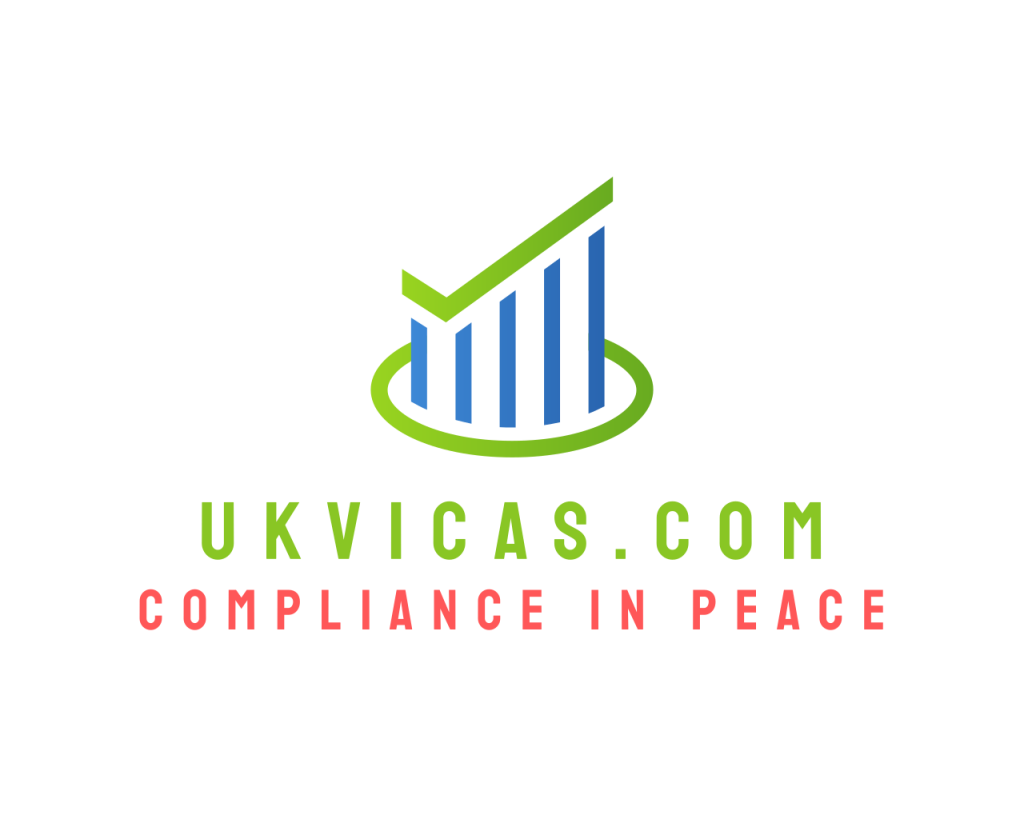When dealing with long-term sickness, both employers and employees often face a tough balance. Employees worry about job security, while employers must consider business continuity. If you’re asking “how long can you be on sick leave before dismissal?”, you’re not alone. Let’s break it down in plain terms with everything you need to know, especially in the UK and NHS contexts.
1. Employer Responsibilities During Long-Term Sickness Absence
Employers must act fairly and reasonably when dealing with prolonged absence due to illness. Their responsibilities include:
- Conducting a reasonable investigation of the employee’s medical condition.
- Exploring reasonable adjustments such as changes in duties or equipment.
- Offering flexible working hours or alternative roles where possible.
- Holding an initial meeting to understand the absence and plan next steps.
- Maintaining appropriate and respectful contact during the sick leave.
- Seeking a professional medical opinion, especially when employees can’t attend meetings due to health.
Employers who follow a transparent, compassionate process are less likely to face legal consequences.
2. Can You Be Dismissed While on Sick Leave?
Yes, but there are conditions. Dismissal during or after long-term sickness must follow fair and lawful procedures.
How Long Can You Be on Sick Leave Before Dismissal?
There is no specific legal limit. Every case is unique and depends on several factors, such as:
- The employee’s length of service.
- The impact on business operations and team workload.
- Whether a permanent replacement is needed.
- The employee’s likelihood of recovery and timeline.
- The size and resources of the employer.
- Whether the employer contributed to the illness.
3. Legal Grounds for Dismissal Due to Sickness
Employers can dismiss employees on the following legal bases:
- Capability-based dismissal: When an employee is no longer able to perform their job due to ill health.
- Summary dismissal: Only for gross misconduct, not typical in sickness-related cases.
- Dismissal during sick leave: Must involve a fair process and medical evidence.
- Redundancy: Can occur, but it must not be discriminatory or used to avoid managing illness fairly.
4. What Is a Fair Dismissal Process?
A fair process includes:
- Following the capability procedure.
- Scheduling regular reviews of the employee’s health status.
- Obtaining medical evaluations.
- Making sincere efforts to adjust the role or duties.
- Ensuring dismissal is a last resort, after all alternatives have been considered.
- Maintaining clear documentation and compliance with HR policies.
5. Employee Rights and Legal Options
Employees on long-term sick leave have strong legal protections. If you’re dismissed:
- You can appeal the decision if the dismissal was flawed or unfair.
- You may file an unfair dismissal claim with an employment tribunal.
- Understand company policies on:
- Statutory Sick Pay (SSP) and contractual sick pay.
- Notification and certification requirements.
- How many sick days trigger disciplinary action.
Knowing your employment rights is crucial to protecting yourself.
6. Alternatives to Dismissal
Before opting for dismissal, employers should consider:
- Making reasonable adjustments under the Equality Act.
- Arranging a phased return to work.
- Offering early retirement on health grounds.
- Using temporary cover instead of permanently replacing the employee.
- Redeployment to another suitable role within the company.
7. Best Practices for Employers
To handle long-term sickness absence fairly and legally, employers should:
- Create and maintain a clear sickness absence policy.
- Ensure consistent absence management procedures.
- Keep detailed records of communications and decisions.
- Avoid discrimination, especially based on disability, pregnancy, or mental health.
- Show empathy and avoid assumptions about the employee’s condition or motives.
Final Thoughts
There’s no one-size-fits-all rule for how long you can be on sick leave before dismissal in the UK. However, both employees and employers must understand their legal obligations, rights, and procedural duties. Open communication, medical evidence, and mutual respect are key to navigating these challenging situations.
If you’re unsure of your position, seek legal advice or speak to your HR or union representative for support.
